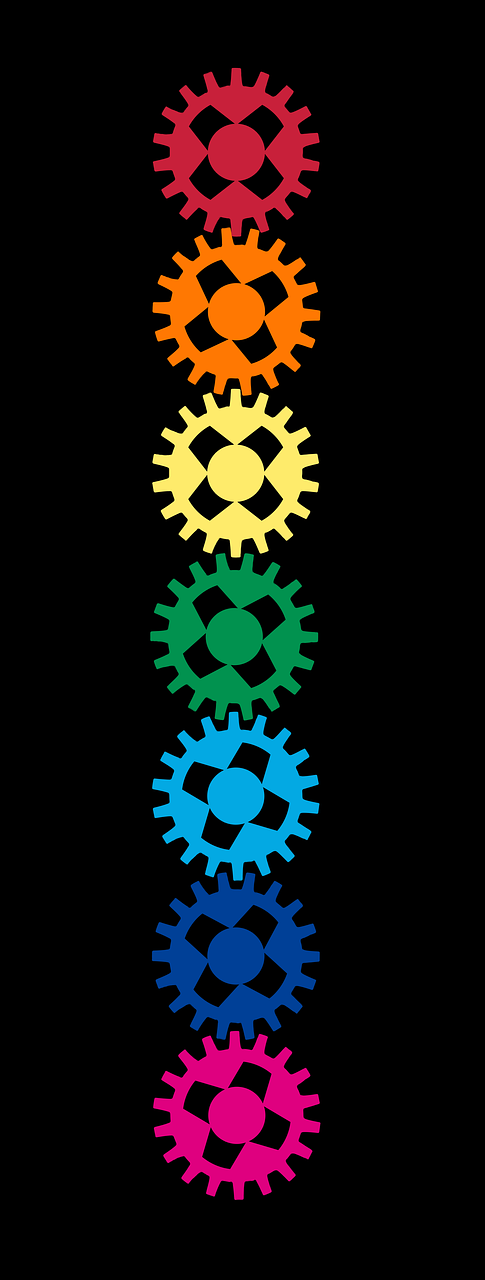
Process Made Simpler:
Strategies for Enhancing the Therapeutic Alliance
The Program
"Be empathetic," they say. "Be warm. Build up an effective working alliance."
But we seldom hear exactly HOW these mysterious tasks are to be accomplished. The so-called non-specific factors in therapy are acknowledged to account for the lion's share of variability in psychotherapy outcome, but they are seldom made explicit.
Whether one adopts a therapy model believed to work entirely through the alliance, or a technique-focussed model such as cognitive behaviour therapy, an effective working relationship between clinician and client is a prerequisite for change. This workshop presents specific, behavioural practices designed to maximize therapeutic progress.
What are the conditions for therapeutic change?
Calling them “nonspecific factors” is a misnomer. The name makes them sound ethereal, atmospheric, untrainable. But all the term means is that these factors are not specific to a particular type of therapy.
In fact, many of the factors associated with therapeutic excellence are very specific, down-to-earth, trainable behaviours.
Our cherished techniques, be they from CBT, ACT, STDP, or any other model, are irrelevant without the context of an effective working alliance.
By taking charge of the manner in which we interact with clients and the way we run a therapy session, we can boost our results and help our clients make more progress in less time. This workshop aims to show you how.
Course Content
This program includes:
Conducting a change-focussed intake
Identifying goals
Putting the client in the driver’s seat
Assuming the role of consultant
Marking the transition to therapy
Making a useful invitation
Enhancing motivation
The session, moment by moment
Making homework completion likely
Reflecting: Emotion or content?
Marking out your big messages
When to metacomment
To self-disclose or not?
Shifting from pathology to strength
Monitoring our effectiveness
Getting feedback EVERY session
Useful alliance measures
Integrating feedback into the work
Process vs outcome resistance
The Materials
Workshop participants receive:
Complete presentation slides
Checklist detailing session sequence
Reference list on process issues
Who should attend?
This program is intended for members of registered healthcare professionals with prior experience in providing psychotherapy, and for students in these fields.
Psychologists
Psychiatrists
Clinical counselors
Social workers
Occupational therapists
Psychiatric nurses
and other trained psychotherapists.

The response…

